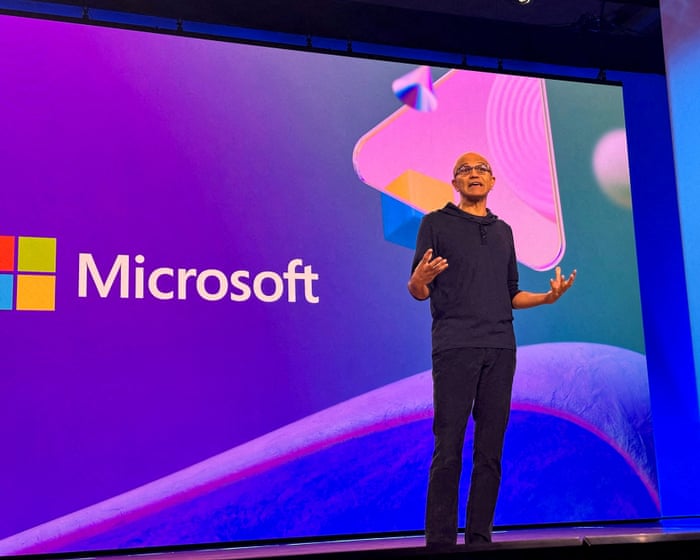Can these ChatGPT updates make the chatbot safer for mental health?
PositiveArtificial Intelligence
OpenAI has announced that its latest updates to ChatGPT, specifically the GPT-5 improvements, have successfully reduced undesirable behavior by 65%. This is a significant step towards making the chatbot safer for users, particularly those seeking mental health support. However, the guidelines for usage are still somewhat unclear, even according to CEO Sam Altman. This development is important as it highlights the ongoing efforts to enhance AI safety and user experience.
— Curated by the World Pulse Now AI Editorial System











